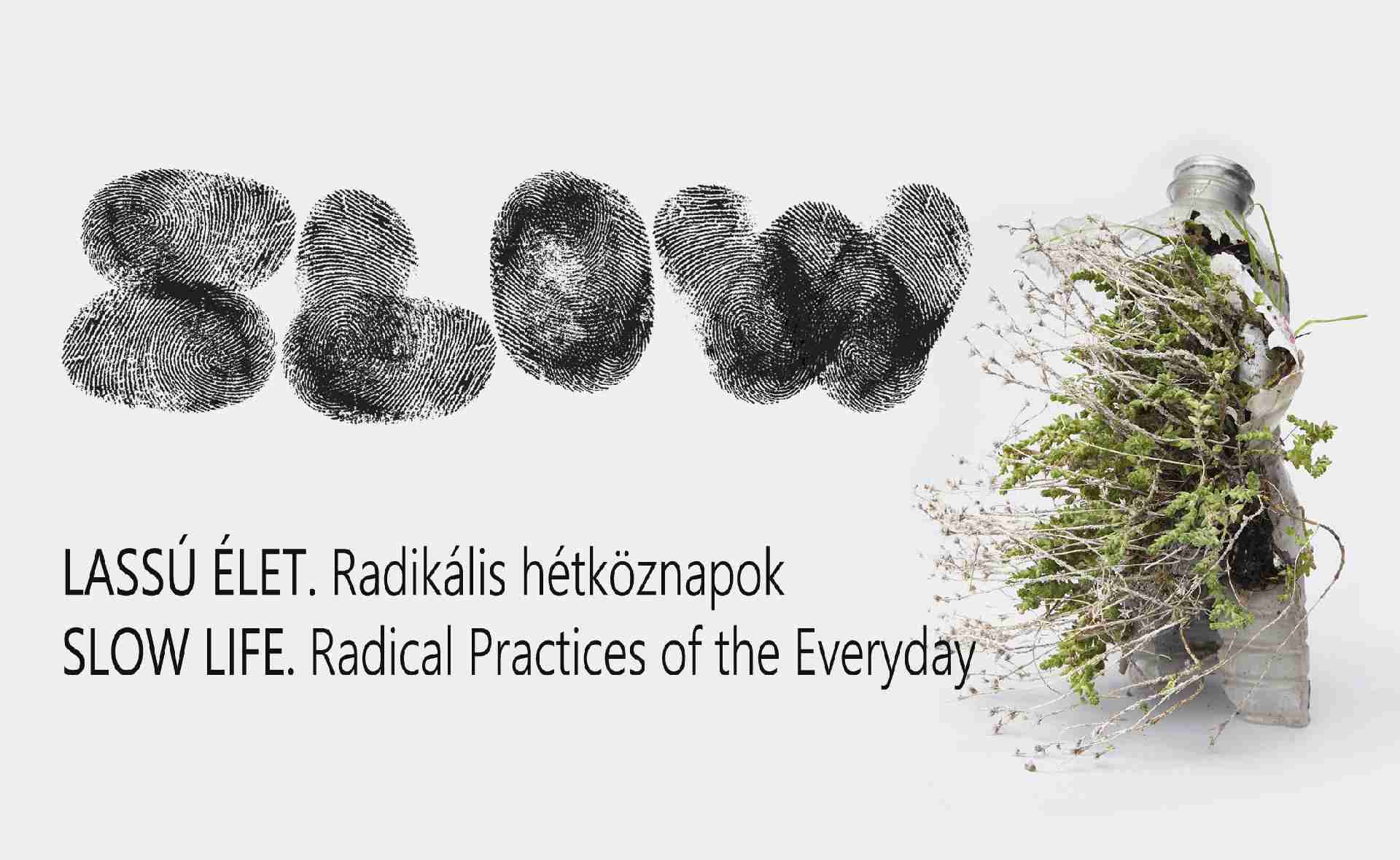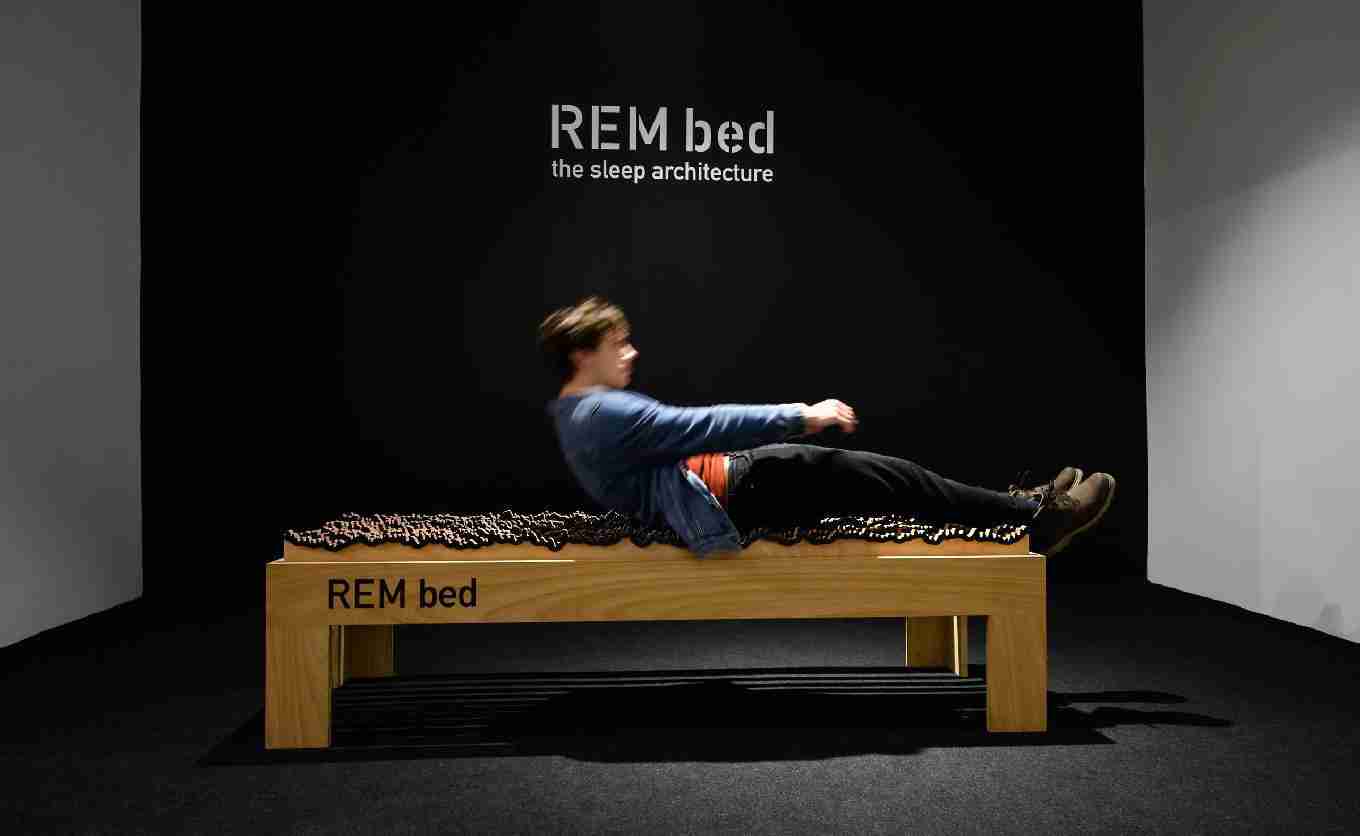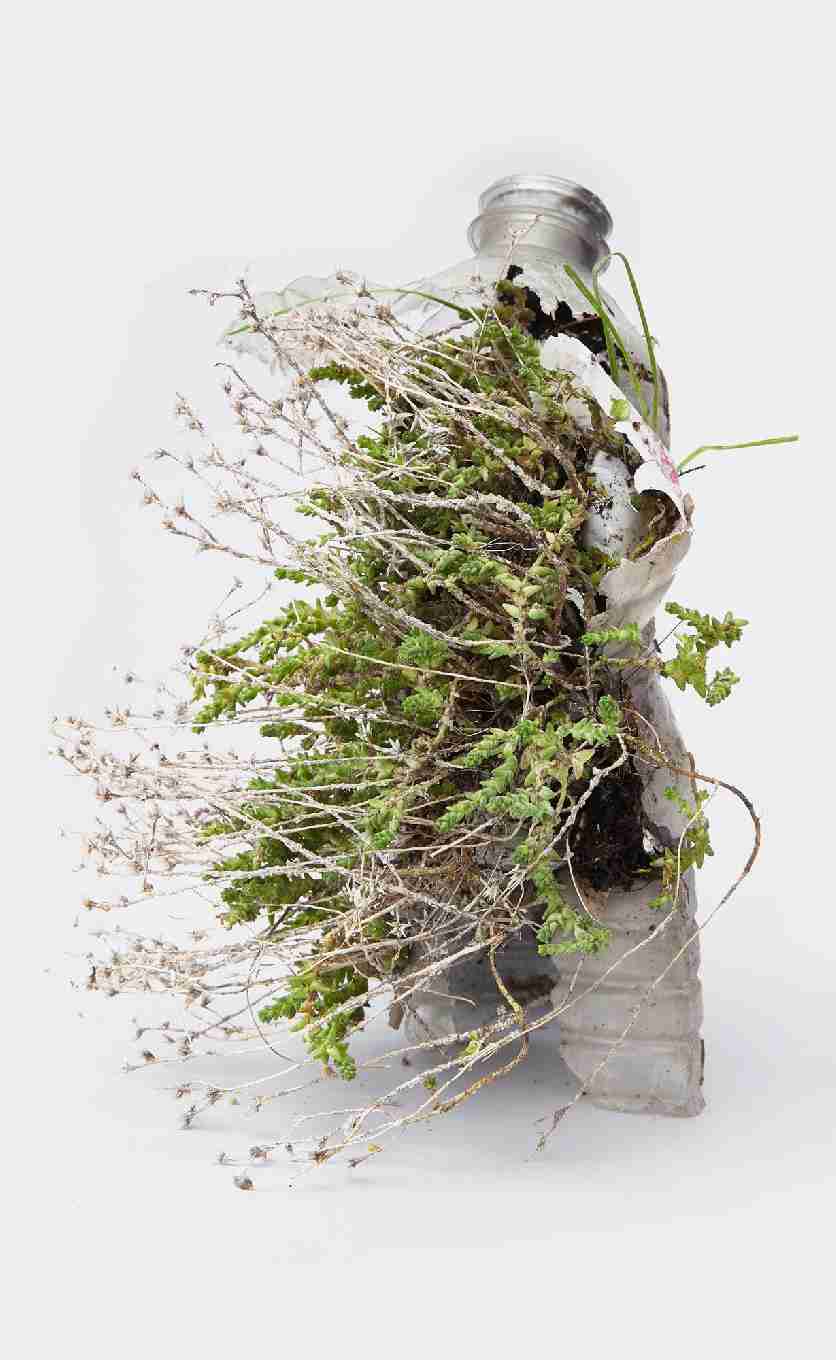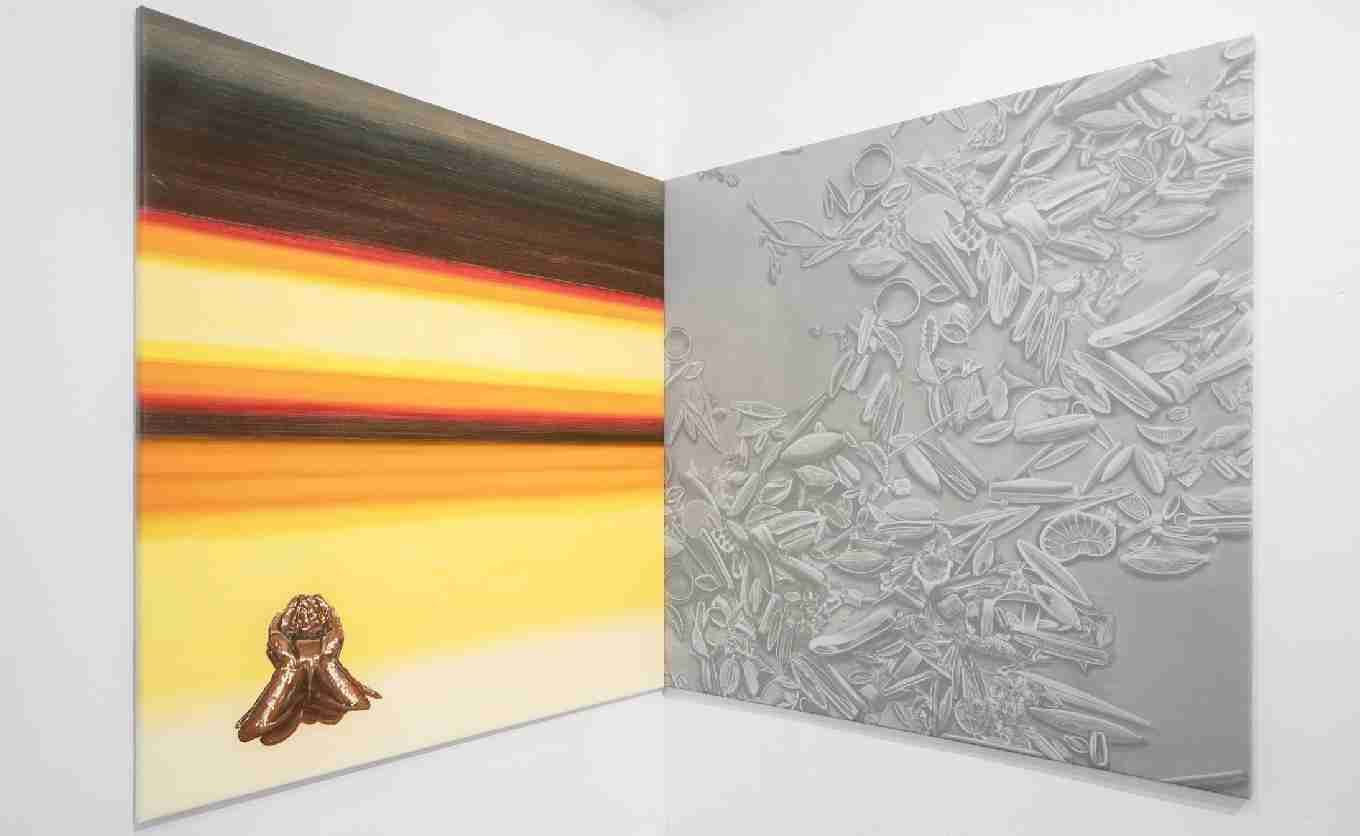Treurenberg 10, 1000 Brussels

photocredit: Diana Lelonek
The aim of the exhibition is to highlight the environmental impacts and exploitative practices that have led to the current global environmental, economic and social problems. Our other main objective is to provide a broader platform for artistic positions that emphasize sustainability and offer alternative lifestyles.
This is a group exhibition with an international scope, a commitment that reflects on today’s pressing global issues. The current logic of our world, the existing social & economic system and the market-consumer culture have caused serious environmental problems. The approach they are based upon is in crisis, and current practices cannot provide real solutions to excessive waste production and overconsumption, and to keep the exploitation of natural resources under control. The slow approach represents a need to rethink existing structures and reorganize established practices in the fields of society, economy and everyday life alike. Its essence can be best expressed by consciousness and a critical attitude, which bring forth more and more possible alternatives, from permaculture farming to zero-waste household, from voluntary simplicity to the concept of a no-growth economy.
The beginnings of the Slow Revolution date back to the 1980s, to the protest against fast-food restaurants, which drew attention to the importance of healthy, quality food from local source. Carlo Petrini’s gastronomic initiative has expanded into a global movement over the decades, spanning many areas from work to travel and from design to media consumption. However, the exhibition does not focus on the ‘slow living’ movements so popular today, some of which limit their activities to offering new products and services for sale. Rather, it presents alternative practices, everyday “revolutions”, gentle or even radical approaches that challenge the existing growth- and profit-oriented system, show a way out of the consumption spiral, or represent an attitude rooted in the experience of the moment instead of a busy life-style. The broad spectrum of genres on display includes artworks based on critical thinking, while others offer utopic models for future challenges, or encourage us to change our art consumption habits, as well as the clichés of perception and reception in connection with art.
Originally, the international group exhibition Slow Life. Radical Practices of the Everyday would have opened in the spring of 2020 in Ludwig Museum – Museum of Contemporary Art in Budapest if the first wave of the epidemic had not changed our life. But then they had finally the chance to realize the exhibition a year later. This exhibition in Brussels presents a selected collection of the exhibited art works from the Ludwig Museum.
Artists: Gabó Bartha | Krisztina Erdei | Petra Feriancová | Habima Fuchs | Gideon R. Horváth | Endre Koronczi | Antal Lakner | Diana Lelonek | Judit Flóra Schuller | Eszter Ágnes Szabó & Syporca Whandal | Rita Süveges | Anna Zilahi
Curators: Petra Csizek, Jan Elantkowski, József Készman, Zsuzska Petró, Viktória Popovics, Krisztina Üveges
Partners: Ludwig Museum, VILTIN Gallery, SVIT Gallery, Czech Center Brussels, EMMI, NKA



